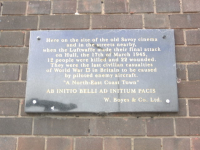r00fie1
Well-known member
Air Chief Marshall - Arthur "Bomber" Harris devised "Pattern Bombing" of strategic targets, using wave after wave of RAF and Allied [mostly American] Bombers, dropping thousands of tonnes of incendiaries: the ensuing "firestorm" would pull in air to fuel the fire, increasing heat to melt steel and reduce bricks to molten lava. Harris was later to assert in his memoirs - written in his retreat in South Africa, that the bombing was "the most humane" way to defeat the Nazi war effort. The German civilians saw it differently - children burned as the firestorm swept across Hamburg. It was later called "The German Hiroshima" - the effects on the city being not dissimilar to that of the Atomic Bomb on the Japanese City of Hiroshima.
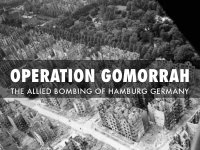
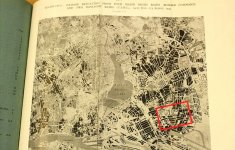
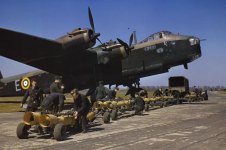

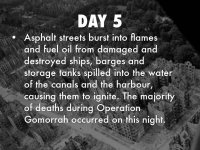
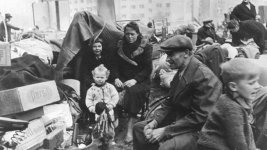
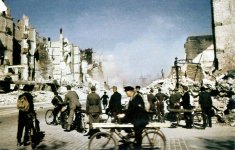
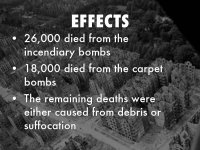
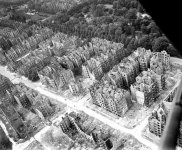
The bodies of the dead were piled high. But, just like the Soviets at Stalingrad and Londoners after the "blitz", Hamburg returned to a functioning city after a couple of months - whilst still mopping up the debris and human remains.
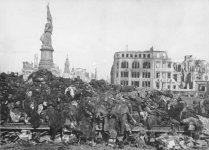









The bodies of the dead were piled high. But, just like the Soviets at Stalingrad and Londoners after the "blitz", Hamburg returned to a functioning city after a couple of months - whilst still mopping up the debris and human remains.


